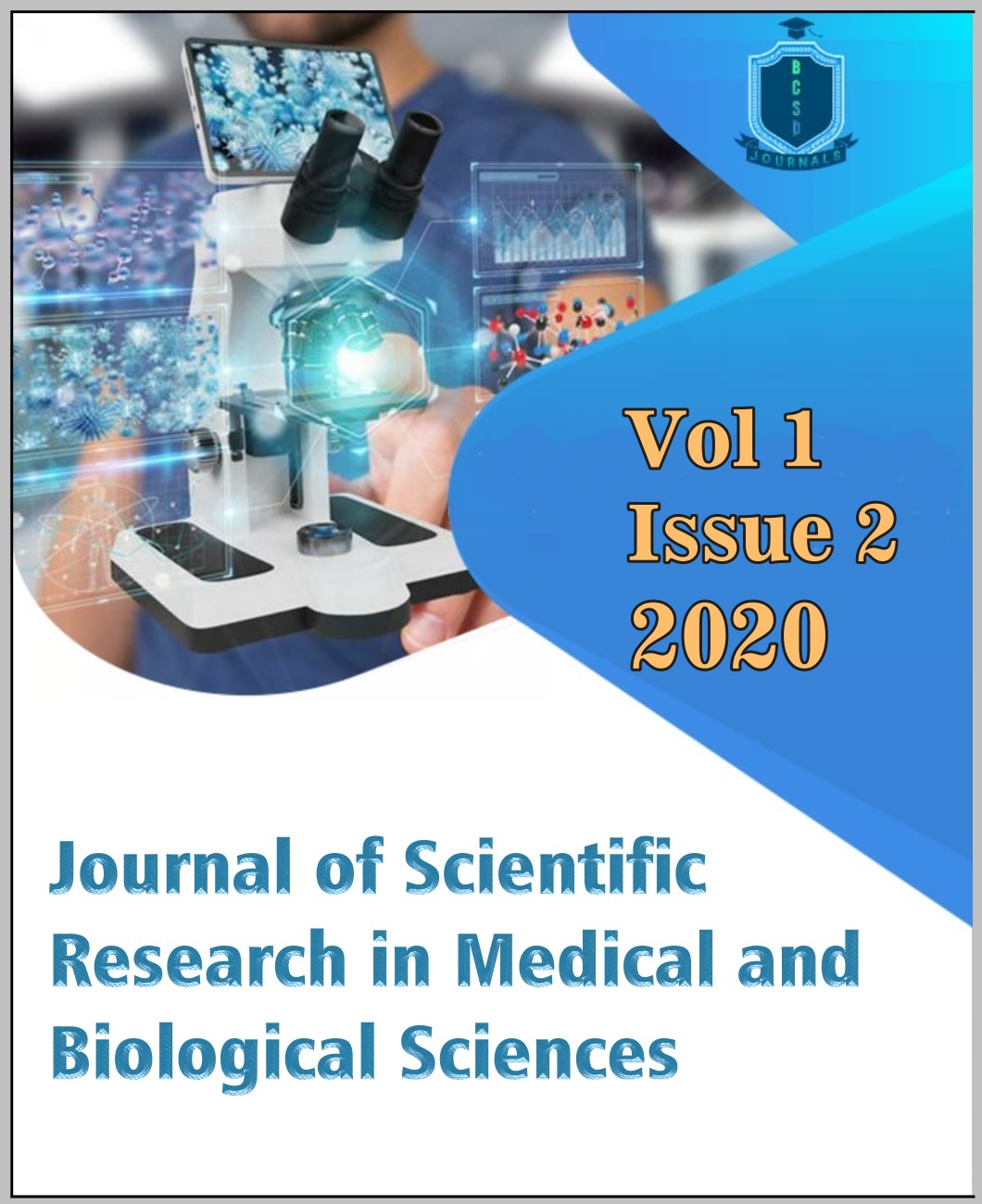
Journal of Scientific Research in Medical and Biological Sciences
Yazarlar: Rusydi Indra, Erniwati Ibrahim, ApikIndarty Moedjiono, Syamsuar M, Agus Bintara Birawida, Masni Masni
Konular:-
DOI:10.47631/jsrmbs.v1i2.139
Anahtar Kelimeler:Aegypti Larvae,Knowledge,Attitude,Action,Terminal Management
Özet: Purpose: This study aims to determine the density of Aedes aegypti larvae based on the knowledge, attitudes and actions of terminal managers at the Regional Terminal Daya Makassar City. Methods: The research design used was descriptive observational. There are two samples in this study, namely the container sample and the terminal manager sample. The sampling technique for containers used total sampling method and for terminal managers, purposive sampling method was used. Data were analyzed by univariate. Results: The results of the analysis showed that the number of positive containers for larvae was 69 (CI = 33%) with a value of DF = 8 and was a high density category. A total of 9 respondents (39.1%) had good knowledge and 14 respondents (60.9%) had poor knowledge. A total of 10 respondents (43.5%) had a good attitude and as many as 13 respondents (56.5%) had a bad attitude. In terms of action, (4.3%) of the respondents reflected good, while 22 respondents (95.7%) had actions in the unfavorable category. Conclusion: It is concluded that increasing public knowledge is essential to eradicate mosquito nests in the community. By enhancing the knowledge of the individuals, the PSN activities carried out routinely can break the life cycle of the mosquitoes that can cause DHF.The level of education that the terminal manager has, the better the ability to absorb the information provided will affect the knowledge held by the terminal manager.